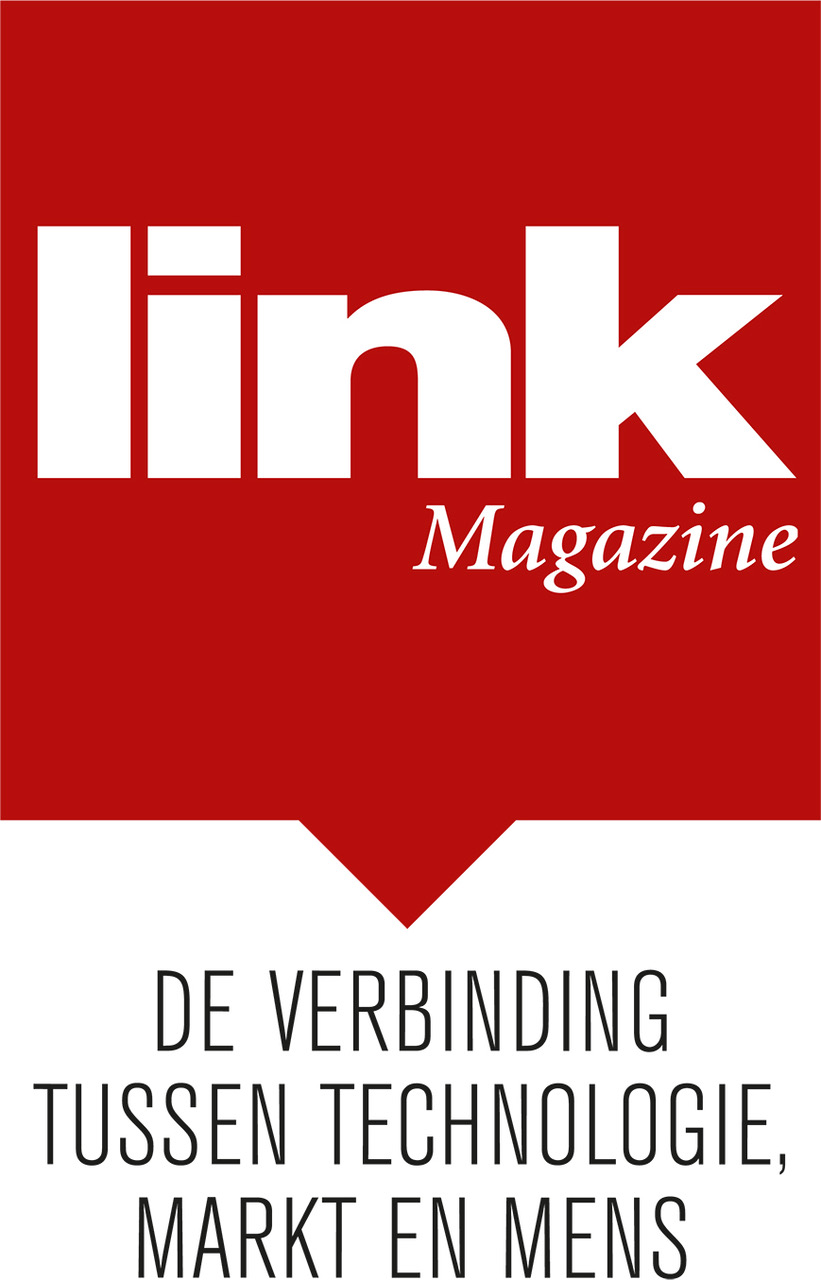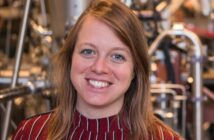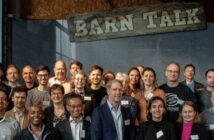The concept of ‘Software in Everything’ or perhaps more accurately ‘Algorithms in Everything’ has heavily impacted almost all areas of ‘traditional’ engineering and industry. Especially the automotive industry is innovating rapidly with trends in vehicle electrification, autonomous driving, and wireless connectivity. The market situation for traditional automotive companies is under pressure, innovative companies focusing on these new technology areas are growing rapidly.
Using concrete examples, speakers from FEV, Robert Bosch and MathWorks will share their views on these trends and how they enable their customers to efficiently develop products for and including these evolving technologies.
Highlights
- Vehicle Electrification
- Autonomous Driving
- Vehicle Connectivity
- System Simulation
Who Should Attend
Engineers and innovation experts working in the Automotive Industry in its broadest sense (including AGV, forklifts, cranes, special and off-road vehicles, agricultural vehicles) who want to find out how they can implement the latest technology trends.
| Time | Title |
| 13:00 | Welcome and registration |
| 13:30 | Automotive Innovation Trends & Directions Gaurav Tomar, MathWorks The automotive industry is going through a once in a century transformation and first of its kind since its inception. In this talk you will learn about MathWorks observations of the innovation ecosystems. Which trends are poised to be mega trends and which direction the industry is taking? Especially the changing relationships between automotive manufacturers and suppliers and how software is the reason for consolidation in this area. |
| 14:00 | Electrification and Battery development Umut Dogan, FEV Umut will show the use of MathWorks tools for the development of an innovative battery management system at FEV, an internationally renowned service provider in the area of vehicle development. Electrified vehicles have undergone rapid development in recent years. The desire for smart and electric mobility has a major impact on modern battery development, especially in the high-voltage sector. In order to meet the requirements, in addition to the component development of the battery, the control of battery conditions must be further optimized. Besides battery development, FEV has also developed a state-of-the-art battery management system that has a tremendous positive impact on the life cycle and performance of batteries. |
| 14:45 | Transforming Software Development for Future Autonomous, Electrified and Connected Commercial Vehicles Mouham Tanimou, Robert Bosch Innovative use cases in the field of autonomous, electrified and connected commercial vehicles as well as changing usage lead to the need to add functionality after production. Today, software features are defined during development. Later on, new functionality or application update, if at all, can only be done in the service workshop or by specialist on site. To change this situation, Bosch develops an open ecosystem starting from the development environment in the cloud up to the global management, licensing and distribution of software applications, with new simulation and model-based design approaches woven into the workflow. The ecosystem supports a uniform function development approach throughout the lifecycle of the vehicle, from concept through aftermarket. This approach enables the introduction of customer-specific functionality, on short notice and at any time worldwide. A Firmware-update-Over-The-Air (FOTA) as well as adding dedicated software applications (Software-Update-Over-the-Air, SOTA) is supported. This presentation discusses the basic approach, development steps and gives examples. |
| 15:15 | Break |
| 15:45 | Smart System Development and the evolution of Model-Based Design Gaurav Tomar, MathWorks The growth of AI functionality in automotive creates a challenge in defining best practices for developing those features and integrating them in an automotive system-level development and verification workflow. There are skills gaps, differences in culture, staff preferences, and other aspects to address. To help in that transition, the widely used Model-Based Design approach is evolving in ways that accommodate and support today’s AI development approaches as well as the established workflows that most organizations have. |
| 16:30 | Round Table discussion Chaired by Leo Kusters, AutomotiveNL |
| 17:00 | Drinks and Networking |
About the Presenters
Gaurav Tomar, Automotive Industry Manager at MathWorks, works with senior managers in automotive companies across EMEA on identifying how existing design flows can be improved and the steps that can be taken to reduce development times, encourage innovation, and increase agility. In addition to representing the state-of-the-art of how MathWorks tools can be applied in automotive workflows today, Gaurav also seeks to identify areas where MathWorks should invest further to improve the tools for the future, working with the product development teams to define requirements for future releases.
Umut Dogan, is an electric powertrain expert with focus on commercial vehicle electrification. He has a long experience in system design, powertrain simulation and battery pack design. He has led various types of electrified vehicle projects for multiple OEM customers.
Mouham Tanimou is project director of systems engineering for commercial vehicles and off-highway at Robert Bosch in Germany in the area of connected vehicles. Mouham works on the Bosch cloud based development program for embedded systems that delivers complete environment to develop, simulate and deploy App-Like features for embedded control units. Mouham has an MSc. in electrical engineering and holds a PhD in control system theory, both from the University of Kassel in Germany.






